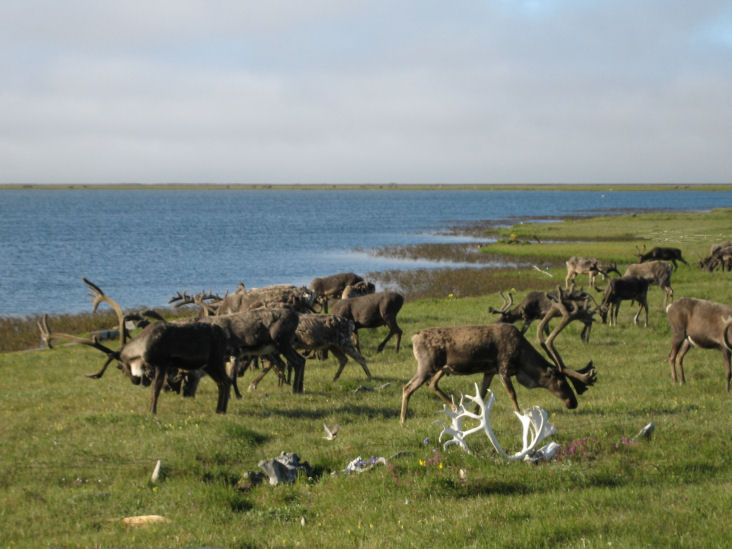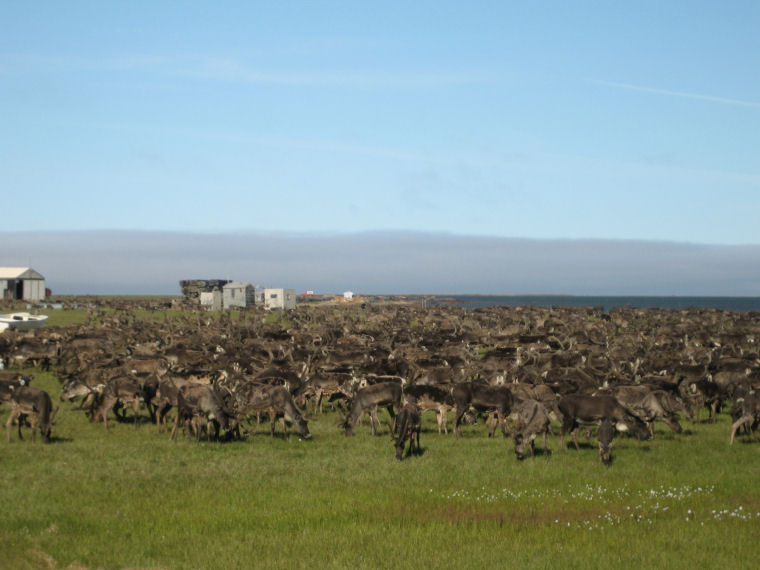I know I have more readers than comment, so here’s a question for everyone:
Can you give me any titles of books where a character has a disability of some kind, but the book is not about that disability?
Just now I can only think of two:
- Jip: His Story
- Has a “madman” caged at the poor farm the title character lives on.
- The Westing Game
- One of the 16 major characters, Chris, has a musculoskeletal something that confines him to a wheelchair and limits his ability to communicate. I really liked how the author let us into his (very perceptive) mind.
- Another of the 16 was the mother of a girl described as “mongoloid” because of the time it was written. I don’t think anyone would get away with publishing that now.
The interaction of everyone with Chris was very revealing of character, but wasn’t the point of he story. That was bigger than just one person.
These are the types of stories I’m looking for: Disability is a part of who they are, but it doesn’t drive the whole story (like, say, What’s Wrong With Timmy?)
If you have any ideas, please leave a comment and point me in that direction.
Thanks!



